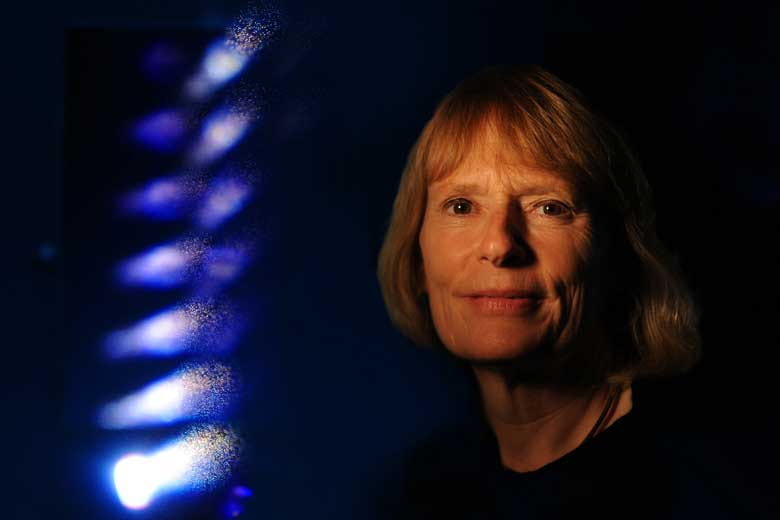Making their mark
For the 30th anniversary of Women’s History Month, we take a look at some current UCI trailblazers
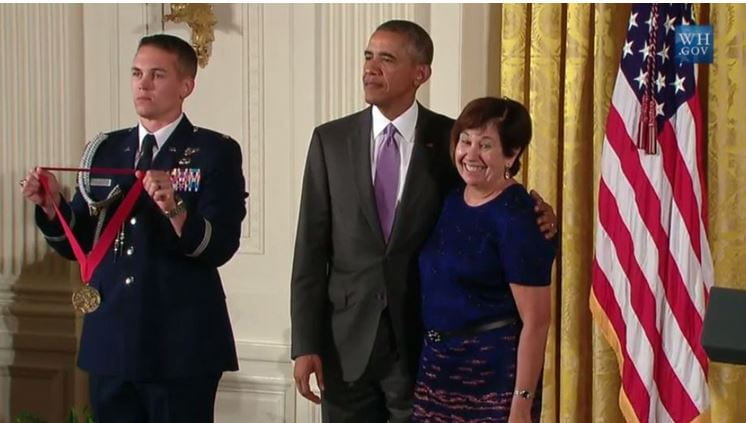
With the passage of Public Law 100-9 on March 12, 1987, Congress established March as Women’s History Month to honor the many contributions American women have made to our nation. In celebration of the 30th anniversary of that decree, we highlight some of UCI’s female faculty members who are currently making history.
Very few people can match the accomplishments of Vicki Ruiz, Distinguished Professor of history and chair of Chicano/Latino studies. The first in her family to earn an advanced degree, she is widely credited with helping to create the field of Chicano/Latino history. An engaging teacher, dedicated researcher and inspiring storyteller, Ruiz has written extensively about the role of Mexican American women in the history of the U.S. Southwest and West Coast. In 2012, she became the first Latina historian inducted into the American Academy of Arts & Sciences. Three years later, Ruiz was awarded the 2014 National Humanities Medal by President Barack Obama at the White House – making her the first UCI recipient of the nation’s highest humanities honor.
Driven to collect and tell the stories of Vietnamese refugees and immigrants, Linda Trinh Vo has a story of her own worth telling. The professor of Asian American studies was a young girl during the Vietnam War and spent her childhood living in a thatched hut in the Mekong Delta, with no plumbing or electricity. After immigrating to Southern California, Vo recalls, she felt like an outsider until she found Asian American studies in graduate school at UC San Diego. Today she works to build a sense of shared history and belonging within the local Vietnamese community. As director of Viet Stories: Vietnamese American Oral History Project at UCI, Vo and her team – including students – actively assemble, preserve and disseminate the life stories of Vietnamese Americans in Southern California. To date, they have captured more than 450 personal histories – over 180 of them fully digitized – about the legacies of war and struggle to craft a new life.
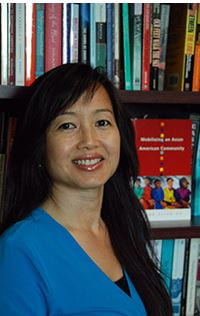
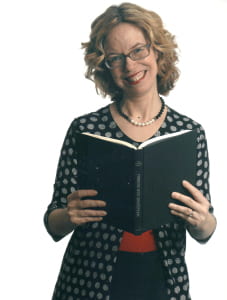
If you’ve ever been to a humanities or arts event on campus, it’s likely that Julia Reinhard Lupton, associate dean for research in the School of Humanities and professor of English, played a role in making it happen. As director of Illuminations: The Chancellor’s Arts & Culture Initiative, the UCI Shakespeare Center and the Humanities Commons, she connects UCI’s interdisciplinary scholarship and research with the larger Orange County community. Her dedication is the driving force behind the campus’s hundreds of public presentations each year, igniting engagement and encouraging investment in the arts and humantities. A world-renowned Renaissance and Shakespeare expert, Lupton was awarded a 2013-14 Guggenheim Fellowship – one of the highest national honors for humanities scholars.
Michele Goodwin, UCI Chancellor’s Professor of law, is one of the world’s leading authorities on the regulation of medicine, science and biotechnology. Her scholarship defines new ways of thinking about supply, demand and access to sophisticated medical technologies, and she is highly sought-after for expert insight and perspective on civil liberties, cultural politics and human rights. Goodwin is founder and director of the campus’s Center for Biotechnology & Global Health Policy and its internationally acclaimed Reproductive Justice Initiative and holds appointments in the Program in Public Health; Department of Criminology, Law & Society; Department of Gender & Sexuality Studies; and Center for Psychology & Law. Her publications include five books and more than 70 articles and book chapters on civil and criminal laws regulating the human body, including pregnancy and reproduction, reproductive technologies, human trafficking for organs, sex and marriage, and tissue and organ transplantation.

Renowned for her groundbreaking work in the malleability of human memory, Elizabeth Loftus is one of the most influential psychologists of all time – and also one of the most controversial. Her 40-year research career has focused on the misinformation effect, eyewitness fallibility, and the creation and nature of false memories. The UCI Distinguished Professor of psychology & social behavior and criminology, law & society has demonstrated that memories can be implanted or manipulated by things we are told: facts, ideas, suggestions and other post-event information. Her work has been validated by the finding – based on more than 350 U.S. prisoners freed after DNA analysis – that the most common reason for wrongful conviction is faulty eyewitness testimony. Loftus has provided expert counsel or testimony in over 300 civil and criminal trials, including the high-profile cases of Martha Stewart, the Hillside Strangler, Oliver North, Scooter Libby and Michael Jackson. In 2016, she was awarded the international John Maddox Prize for courage in promoting science and evidence in a matter of public interest.
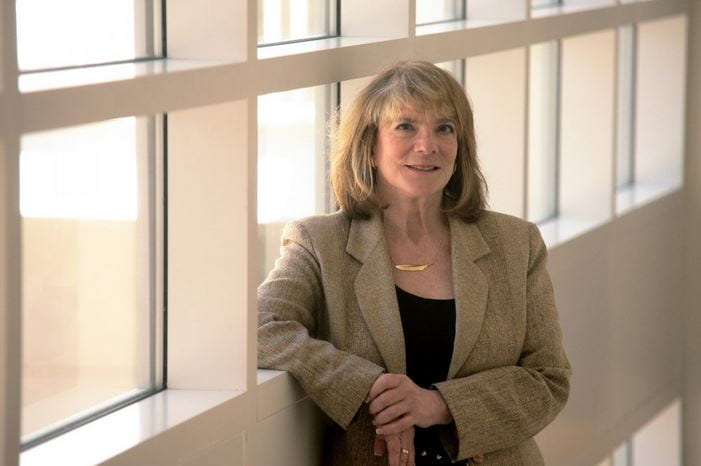
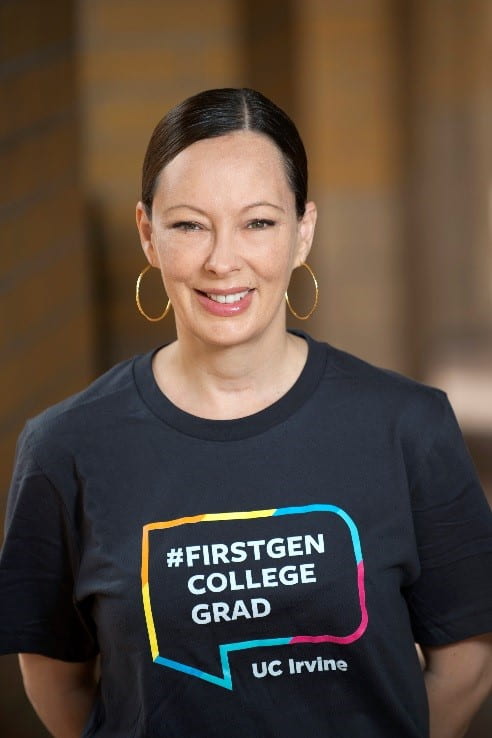
As the first in her family to earn a college degree, Anita Casavantes Bradford knows firsthand how daunting the university experience can be with no relatives to turn to for advice on how to navigate classes, finances and extracurricular activities. To help ease the transition for other first-generation students, Casavantes Bradford – an associate professor of Chicano/Latino studies and history at UCI – founded and directs the campus’s First Generation Faculty Initiative. She’s also an immigration and foreign relations historian, a migrant rights activist, a diversity educator, and chair of UCI’s Committee on Equity & Inclusion for Undocumented Students. Casavantes Bradford was awarded the 2017 Tom Angell Fellowship in recognition of her campuswide mentorship activities. In 2016, she received the Social Sciences Dean’s Award for Outstanding Mentorship, and in 2015, she was honored with UCI’s Outstanding Social Justice Activist Award.
By leading a national effort to combat the presence of methicillin-resistant Staphylococcus aureus in intensive care units, Dr. Susan Huang is making hospitals healthier places to be. The infectious diseases professor and medical director of epidemiology and infection prevention at UC Irvine Health has helped advance new and more effective techniques to halt the spread of MRSA, which can cause deadly bloodstream infections impervious to first-line antibiotic treatments. Her clinical research, published in the New England Journal of Medicine, has shown that the strategy of using germ-killing soap and ointment on all ICU patients cut MRSA by 37 percent and all bloodstream infections by nearly half. This preventive method is becoming standard practice in a growing number of U.S. hospitals. But Huang refuses to rest on her laurels. “These are preventable infections, and we should be able to drive them down to zero,” she told The Wall Street Journal.
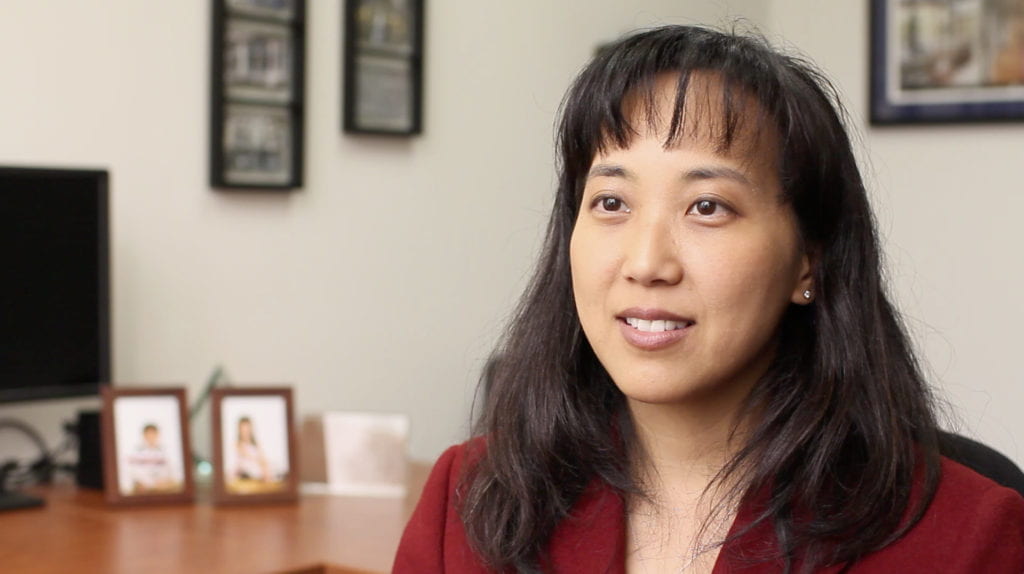
Jacquelynne S. Eccles is one of the leading educational psychologists of her generation. The Distinguished Professor of education has conducted research on a wide variety of topics, including gender-role socialization, teacher expectancies, classroom influences on student motivation, and social development in the family and school context. She has made many groundbreaking contributions to the study of achievement-related decisions and development. Most notably, Eccles’ expectancy-value theory of motivation and her stage-environment concept have been recognized as among the most dominant models of achievement during the school years, contributing to reform efforts to improve the nature of secondary school transitions. Also a major figure in the study of after-school activities, Eccles authored a seminal National Research Council report outlining the most effective ways for such programs to meet the developmental needs of adolescents. For her extraordinary service to her profession, she has been honored with several awards.
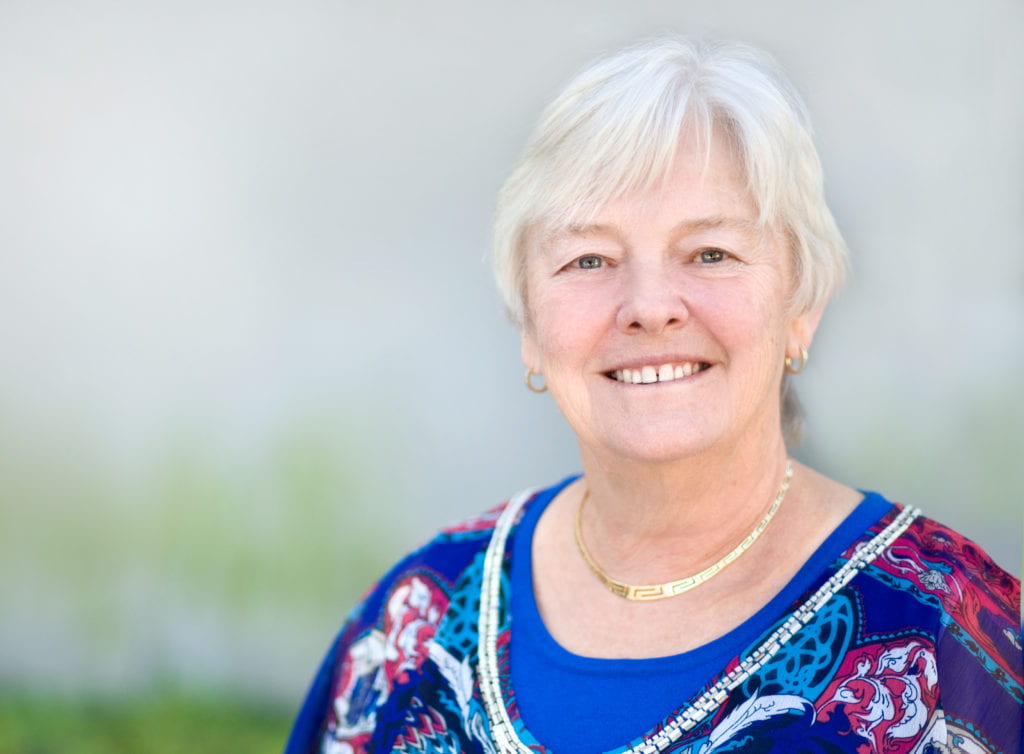
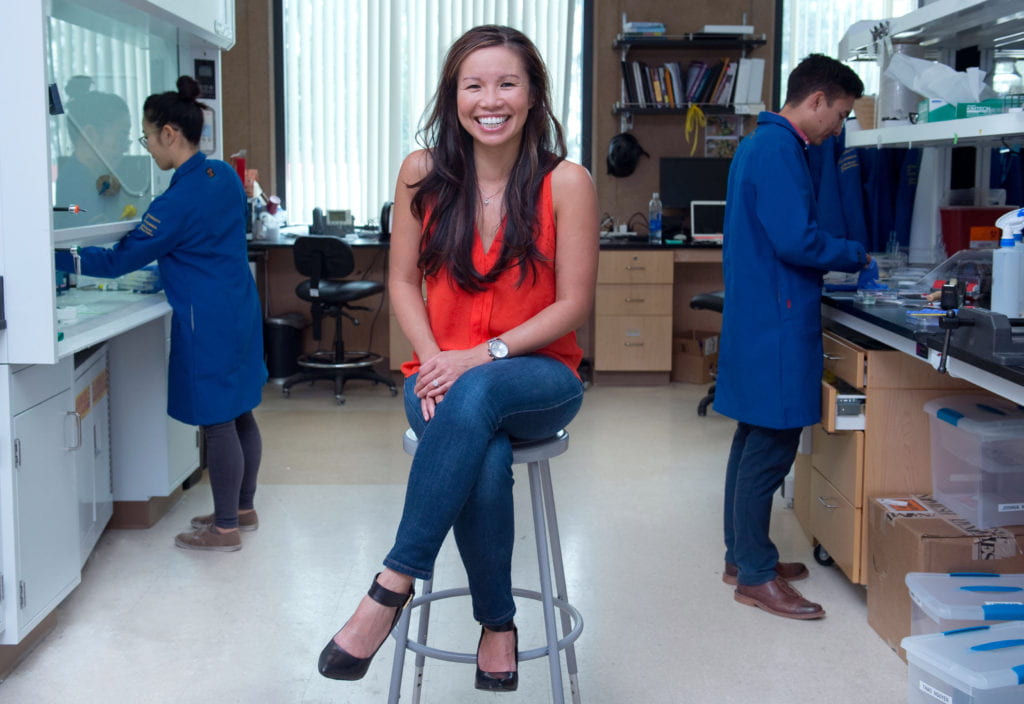
Michelle Khine is proving that academic research and entrepreneurship go hand in hand. A professor of biomedical engineering, she has developed low-cost, manufacturable approaches to micro- and nanotechnologies for diagnostics and drug discovery. Her drive to bring lifesaving products to the market has led to a number of startups through UCI’s Applied Innovation group. She is the scientific founder of Fluxion Biosciences, Shrink Nanotechnologies, Novoheart and, most recently, TinyKicks. And recognition continues to pour in. Khine won MIT Technology Review’s TR35 award in 2009 and was named one of Forbes magazine’s “10 Revolutionaries” in 2009 and one of Fast Company magazine’s “100 Most Creative People in Business” in 2011. This year, she was named a fellow of the National Academy of Inventors – the first female fellow from UCI. Becoming a fellow is the highest professional distinction accorded solely to academic inventors.
The air we breathe is cleaner than it was a few decades ago thanks to UCI Distinguished Professor of Chemistry Barbara Finlayson-Pitts. This history-making scientist conducts experiments to understand the fundamental processes behind reactions of atmospheric gases and particles. In her 23-year career at UCI, she has taught and mentored many graduate and undergraduate students who have gone on to fill key roles in academia and in public agencies dedicated to protecting air quality. Finlayson-Pitts co-directs AirUCI, a group that combines education and research on the influence of air pollutants, both gases and particles on air quality, climate change and human health. While she has been central to the historic contributions of the atmospheric chemistry community to improving air quality, Finlayson-Pitts stresses the importance of looking to the future. As co-chair of a committee of the U.S. National Academy of Sciences on the future of atmospheric chemistry research, she says that scientists need to be creative to come up with ways to anticipate and predict potential environmental and human health challenges: “The field of atmospheric chemistry has a history of demonstrated successes in identifying air pollution problems, elucidating the causes and proposing science-based solutions. This includes the destruction of upper atmosphere ozone by chlorofluorocarbons and the formation of smog and acid rain in the lower atmosphere. These successes provide examples of the way forward in addressing key challenges of today, especially climate change.” Finlayson-Pitts is a fellow of the American Geophysical Union, and a member of both the American Academy of Arts & Sciences and the National Academy of Sciences. She has won numerous honors, including the Tolman Medal from the Southern California Section of the American Chemical Society and the 2013 Haagen-Smit Clean Air Award from the California Environmental Protection Agency Air Resources Board.
